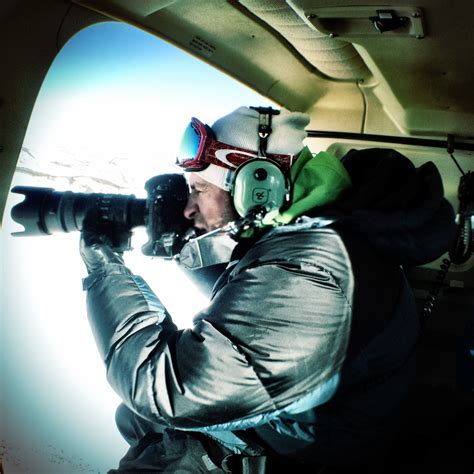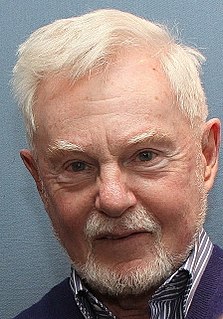A Quote by Kara Walker
I don't think that my work is actually effectively dealing with history. I think of my work as subsumed by history or consumed by history.
Related Quotes
If, in schools, we keep teaching that history is divided into American history and Chinese history and Russian history and Australian history, we're teaching kids that they are divided into tribes. And we're failing to teach them that we also, as human beings, share problems that we need to work together with.
I am opposing it with an idea of the history of philosophy as a history of philosophers, that is, a history of mortal, fragile and limited creatures like you and I. I am against the idea of clean, clearly distinct epochs in the history of philosophy or indeed in anything else. I think that history is always messy, contingent, plural and material. I am against the constant revenge of idealism in how we think about history.
The introduction of the Christian religion into the world has produced an incalculable change in history. There had previously been only a history of nations--there is now a history of mankind; and the idea of an education of human nature as a whole.--an education the work of Jesus Christ Himself--is become like a compass for the historian, the key of history, and the hope of nations.
I always thought that art that is produced somehow has to reflect the zeitgeist or the ambiance and the time and the history in which it is produced. I think it's inescapable. It's like we look back now, at work done savoring the thirties, and you can almost tell it was done during that period of time. Now maybe, that's a style of period or something, I don't know. I think my work, or the things that interest me, come out of my reaction to history.
It's the first time in the history of the world that creatives are also distributors. And that's very profound if you think that up until the recent history, permission was required for us to be able to share work at any sort of scale. We had to get permission from galleries, from ad agencies or photo editors to be able to have our work out there. And now anybody with access to a computer can show their work in 200 countries around the world.








































